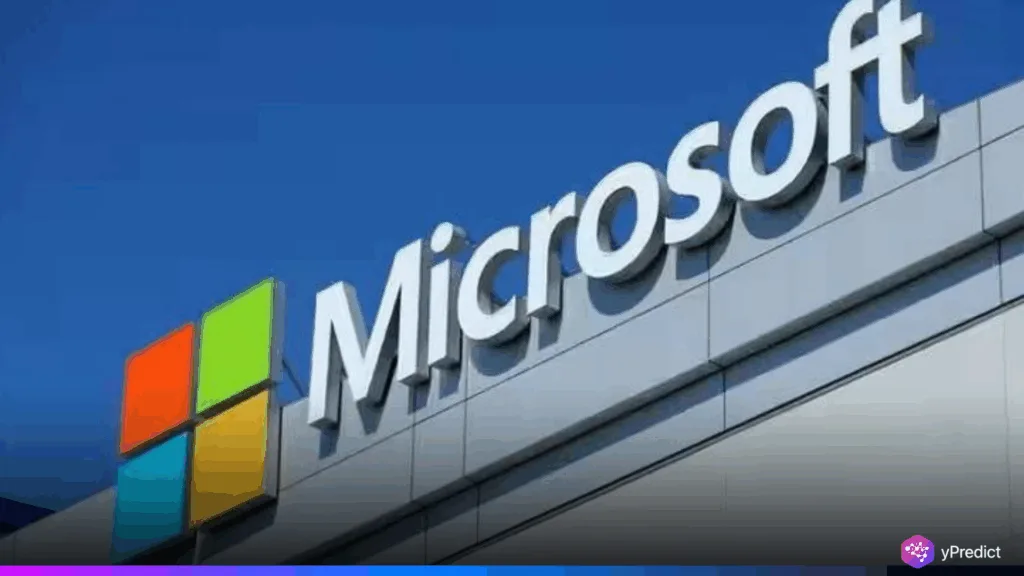
Microsoft is making AI usage a formal part of employee performance. The company has directed its staff to actively use internal AI tools like Copilot, and managers are now required to assess performance based on how well those tools are used. This internal policy, revealed by Business Insider, reflects Microsoft’s growing concern over the slow adoption of its own AI systems.
Julia Liuson, president of the Developer Division, sent a clear message in an internal email: AI is no longer optional. Just like collaboration, data-driven thinking, and communication, using AI is now core to every role and every level, she wrote. Microsoft wants AI adoption to become as routine as using Excel or Teams, especially at a time when the company’s AI credibility depends on internal commitment.
Copilot Adoption Now Tied to Reviews
The most direct change is in how employee reviews will work moving forward. Teams across Microsoft have been asked to include Copilot adoption in performance evaluations. Some are even working on specific metrics to measure how effectively workers use Microsoft AI tools. Despite its external marketing push, Microsoft has struggled to get its teams to fully embrace Copilot. Many developers and employees still prefer external AI tools like Cursor or continue without AI assistance altogether.
This gap between product promotion and internal use is what Microsoft aims to close. The pressure is especially high in teams that work directly on AI projects. Employees in those roles are expected to lead the adoption and model daily use of AI systems. While limited access to external tools like Replit is allowed in some cases, Microsoft is prioritizing internal tools as the standard.
Internal AI Push Continues Amid Workforce Changes
The new AI directive comes while the company undergoes substantial internal restructuring. The Xbox division has also suffered through several layoffs, and there is an expectation of another round of layoffs in July 2025. Although not related, these layoffs and AI plans overlap in terms of timing and effect. The company has laid off more than 6,000 employees and the next wave will also disrupt thousands more.
Many of the roles cut have come from gaming operations, including studios acquired through the $69 billion Activision Blizzard deal. Amid this restructuring, Microsoft continues to push AI as its top internal focus. Even as teams shrink or shift, employees are being reminded to adopt Copilot and integrate Microsoft AI into their daily workflow. AI, not headcount, is being treated as a long-term asset.
Microsoft AI Use Becomes Workplace Culture
This move is more than a policy update; it’s a cultural shift. Microsoft aims for AI to become an integral part of how work is done at every level. From coding to reporting, employees are expected to actively engage with tools like Copilot to enhance productivity and decision-making. By making AI usage measurable, Microsoft sends a clear message: using AI is no longer a bonus; it’s a job expectation.
Employees who fail to integrate these tools could now see that reflected in their reviews. It marks a shift from encouragement to enforcement. For a company betting big on AI leadership, internal alignment is critical. If the people building and using Microsoft AI tools internally don’t rely on them, it undermines the brand’s authority. This mandate is Microsoft’s way of proving that belief in its AI products starts from within.
AI Use Becomes a Measure of Success at Microsoft
Microsoft’s decision to link performance evaluations to AI usage reflects a broader shift in how the company wants to work and be seen. Copilot adoption isn’t just encouraged; it’s being enforced. As Microsoft faces major internal changes, especially within the Xbox division, the focus remains steady on building a workforce that fully embraces its AI strategy. In this new workplace, performance and AI use are inseparable.






